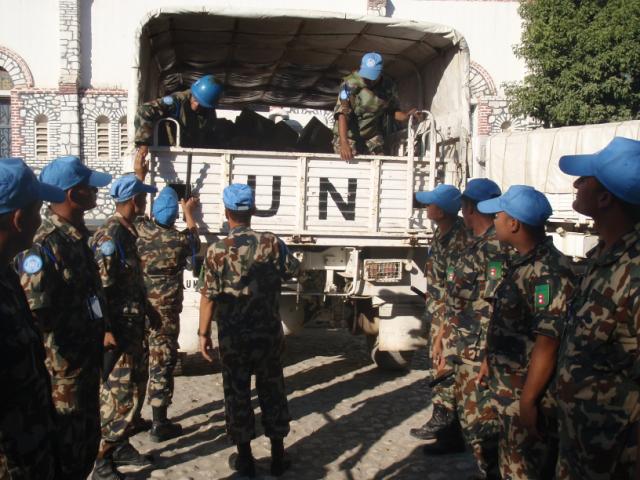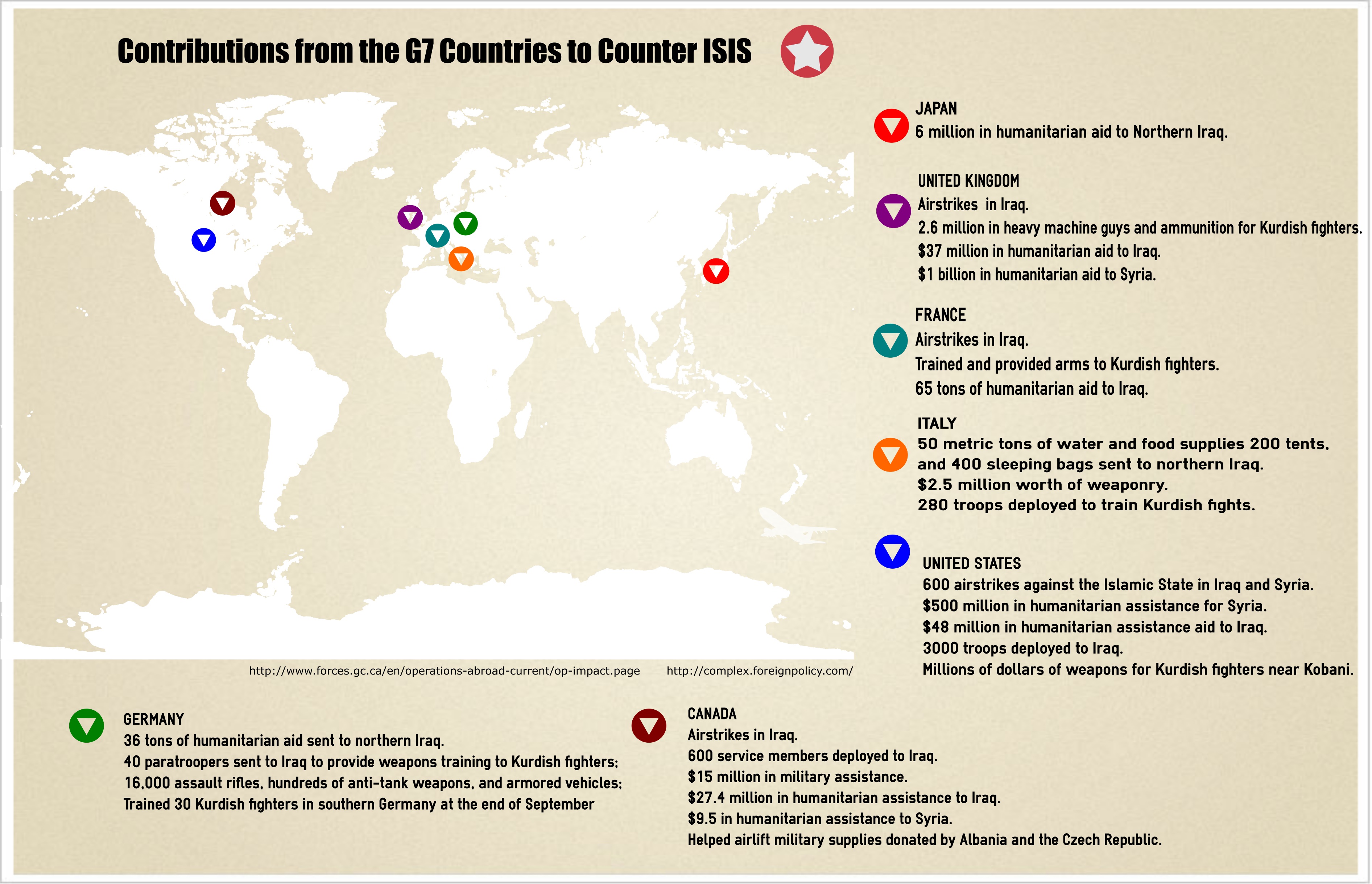
Around the world, public debates on the need for humanitarian aid in the Gaza Strip, the Syrian civil war, terrorist bombings and other such violent conflicts have been thriving. Ever since the inception of apolitical organisations such as the Red Cross, founded 151 years ago, or the Canadian Red Cross, founded 118 years ago, such humanitarian relief services have been in constant demand. However, even these sorts of institutions, regardless of their benevolent intentions, have difficulty abstaining from political judgment when operating in heavy conflict zones rife with bias.
Food and medical supplies are the most common demands made to international organisations during a violent conflict. Donations towards humanitarian aid often pour in at the sight of people crying and screaming on television, surrounded by the bloodied bodies of their friends and family members. In response to the Gaza conflict, even the Government of Canada gave $1 million to the International Committee of the Red Cross. As for the Canadian Red Cross, it handed over $75,000 from its International Disaster Response Fund to the Palestinian Red Cross Society.
However, many argue that humanitarian support may do more to prolong human suffering — especially when humanitarian assistance is diverted to support warring parties. A study on conflict prevention has shown that “aid has been often co-opted by belligerent groups and thus encouraged conflict”. The same study also argues that certain development programs and financial assistance schemes “have indirectly contributed to the exacerbation of horizontal inequalities, and hence to the probability of violence.”
Donations going towards the protection of civilians in conflict zones further require that the donating agency maintain a constant state of neutrality. This makes it tricky for humanitarian organisations to associate themselves too closely with any sort of peace process. There are always concerns that, should a previously initiated peace process begin to stall, NGOs on the ground could be accused of favouring one side. This accusation could rapidly turn into their removal from the territory and the termination of any humanitarian aid provision. Thus, although it is not uncommon for NGOs to try and set up safe havens for negotiations, few will step in and bargain for peace on behalf of one specific party.
The primary aim of international law is to prevent human suffering in times of armed conflict. Organisations like the Red Cross attempt to disseminate these very principles as they formally educate Canadian peacekeeping forces.
After World War II, NGOs became heavily invested in the evolution of international law, specifically law regulating the conduct of war (commonly referred to as “humanitarian law”). The Red Cross programs, developed in the war’s aftermath, entirely shaped the world’s expectations of disaster relief aid agencies. The latter’s roles are more specifically defined in the Geneva Protocols I and II , which respectively deal with international and national armed conflict.
The primary aim of international law is to prevent human suffering in times of armed conflict. Organisations like the Red Cross attempt to disseminate these very principles as they formally educate Canadian peacekeeping forces. The amount of faith placed in Canadian peacekeeping actions stems directly from the structured, moral directives always tempering actions on the ground.
International humanitarian law further provides specific regulations on the treatment of civilians, the wounded, and the use of certain weapons. It ensures the protection of non-combatants, Red Cross personnel, Red Crescent personnel, medical personnel, and prisoners of war. Regardless of the conflict at hand, be it in Palestine, Syria or Ukraine, international law is to be applied to both government forces and armed opposition groups, regardless of race, sex, religion, nationality, political opinion, culture or social status.
However, a new piece of Canadian legislation, Bill C-6, currently threatens the neutrality of aid providers. Canada was one of the 108 nations to sign the Cluster Munitions Treaty, a pact forbidding the use of certain weapons with too high a civilian to combatant casualty ratio. Yet, Section 11 of Bill C-6 would allow Canadian forces to order the transit of forbidden cluster munitions into conflict zones so long as they were working in tandem with a non-signatory country, such as the USA. Foreign Affairs Minister John Baird told critics of Bill C-6 that the clause is necessary to preserve Canada’s unique military relationship with the US.
The nation’s new potential to aid in the USA’s military arms movements is believed by some to have far reaching implications. They believe it undermines the very spirit of the 2008 Cluster Munitions Treaty of 2008, and taints Canada’s international reputation, possibly limiting the potential of many future peacekeeping missions as Canadian negotiators and aid workers are deemed biased and untrustworthy by warring factions. The bill is only in its first senate reading. On November 21, 2013, both the Canadian Red Cross and the International Committee of the Red Cross made a joint submission to the House of Commons Standing Committee on Foreign Affairs and International Development, protesting the bill’s potential use. Meanwhile, Canada has already removed its 1 million dollar pledge to the Laos government’s effort to remove US cluster bombs planted on Laos territory during the Cold War.
The maintenance of neutrality and good faith in combat zones allows for governments and NGOs to continue their provision of humanitarian aid across the world. A better knowledge of international humanitarian law would likely create a higher demand for its proper enforcement, allowing for international treaties and covenants to finally reach those most vulnerable populations they originally sought to protect.




